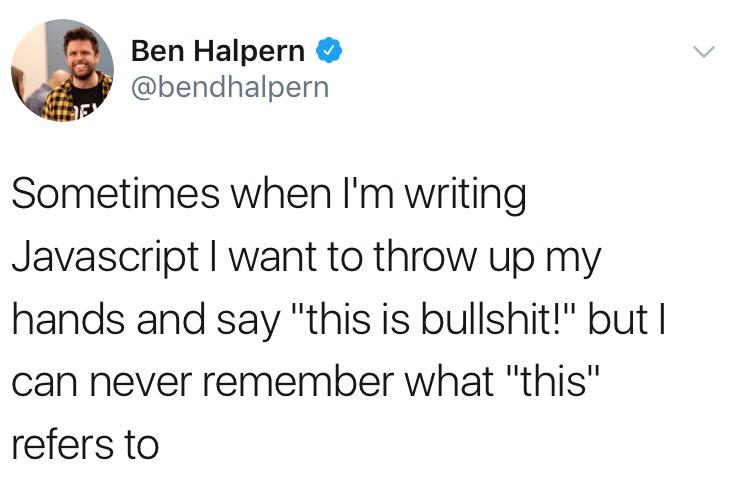Ranter
Join devRant
Do all the things like
++ or -- rants, post your own rants, comment on others' rants and build your customized dev avatar
Sign Up
Pipeless API

From the creators of devRant, Pipeless lets you power real-time personalized recommendations and activity feeds using a simple API
Learn More
Comments
-
-
I FINALLY droped that JavaScript garbage in all my web projects (And rewriting company comercial app without it. 2 pages done, 75 to go). Feels good.
Thank you Blazor. -
@hack That’s why I didn’t go with web assembly :) I find it (for now) being a bit clunky. And initial load times are way too high. Server side seems to be pretty stable and fast.
There are some scenarios where sending every event to server feels a bit slow, but it’s rare (Example : when you bind dragEnter and Dragleave events, you feel a couple ms latency).
But it really shines when you need to display very large data sets and partially update them (Edit 1 cell).
Sorting : Even with transmission latency, it’s faster than pure JS sort for datasets of 10k+ elements. Which is not rare in our app. -
@petergriffin Mindless pavlovian responses to cliche cargo cult programming aphorisms isn't "knowledgeable" ... you must be the type of person who after reading one book calls themselves a scholar.

 This never gets old...
This never gets old... Exactly
Exactly ¯\_(ツ)_/¯
¯\_(ツ)_/¯
Alright ya clever kids, what's a possible value for a and b here in this JavaScript type insanity:
> a == b
true
> !a == !b
false
> !!a
true
> !!b
false
> a == b
true
rant
javascript